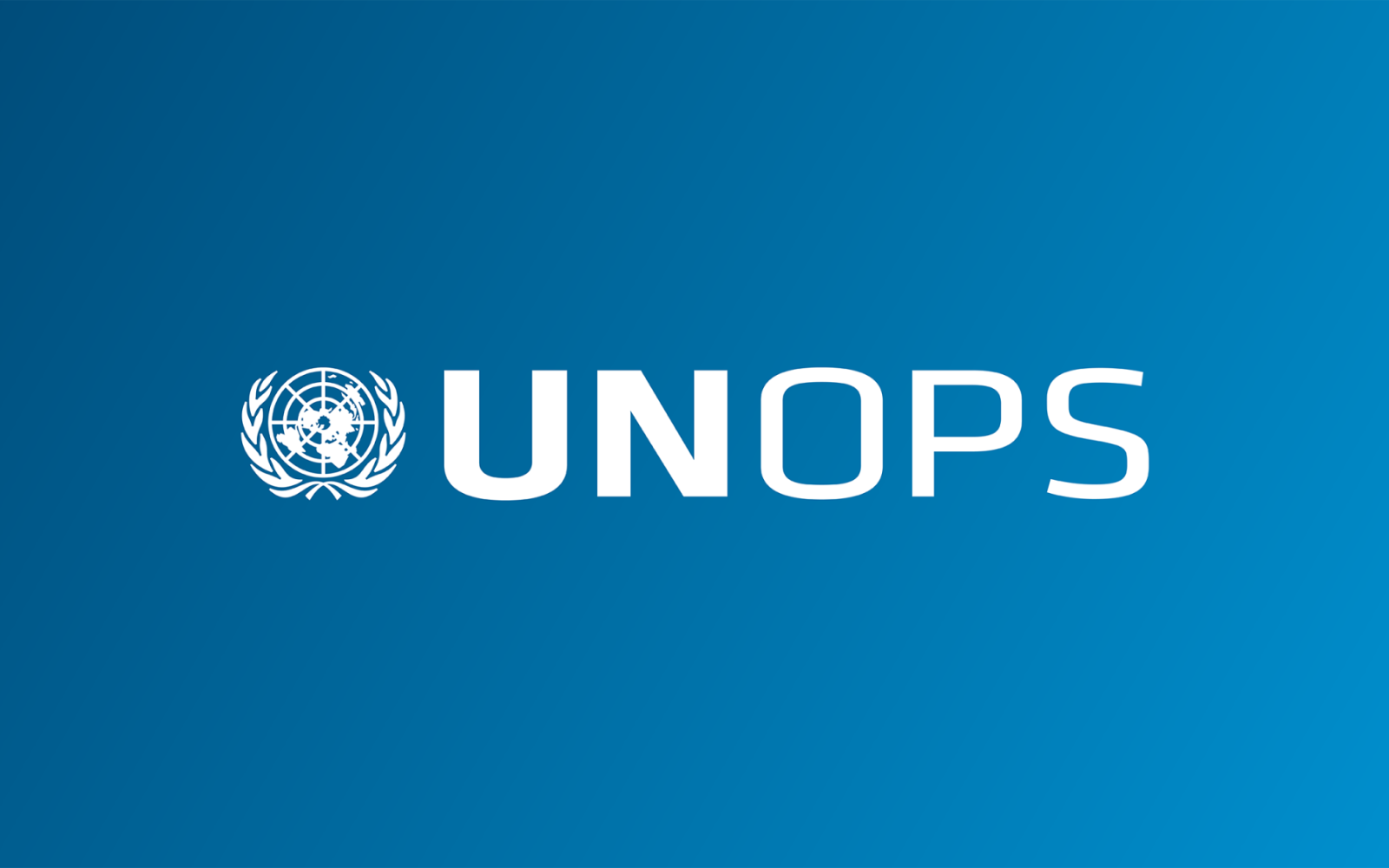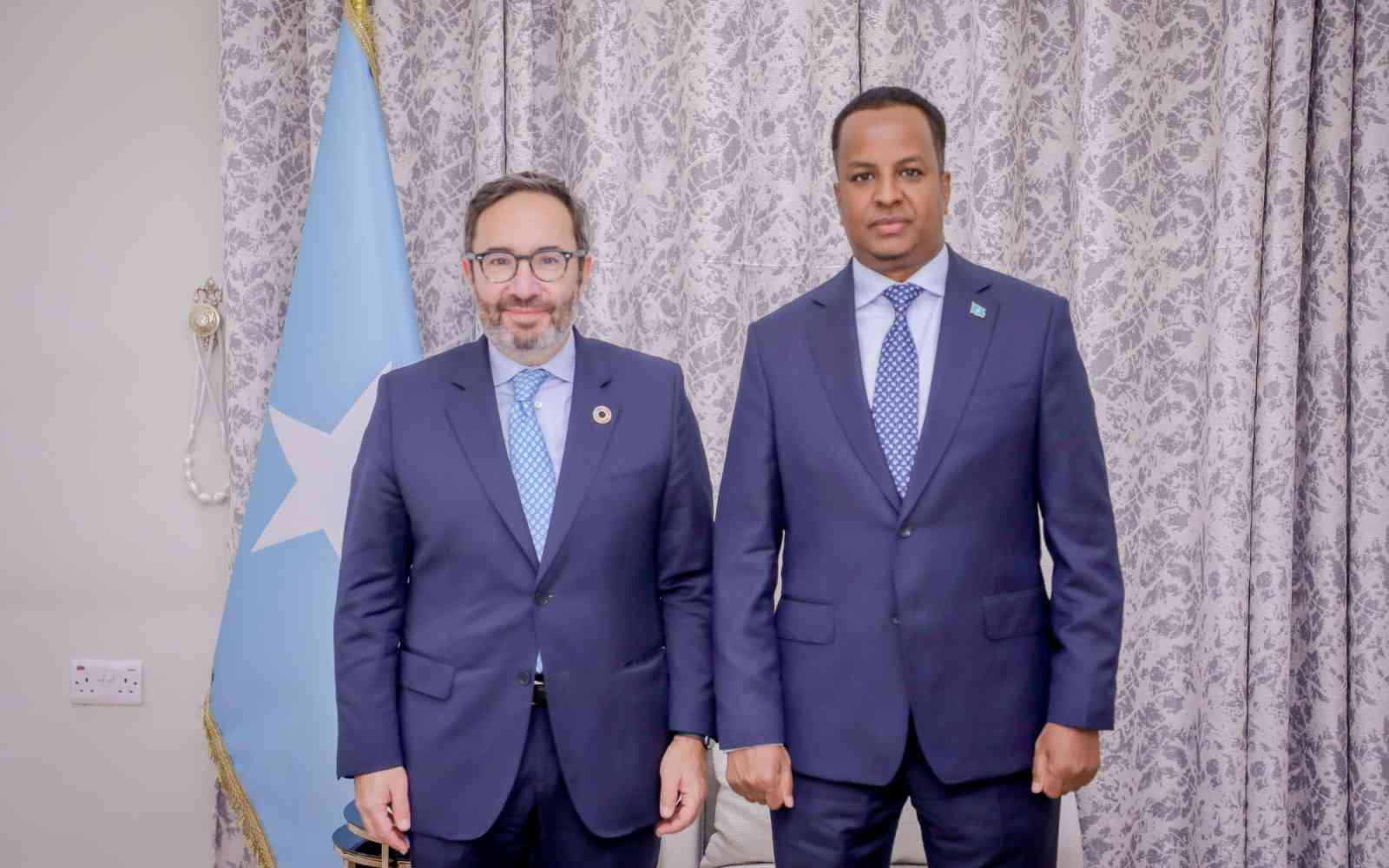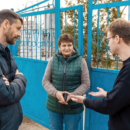The United Nations Office for Project Services (UNOPS)
Increasing access to urban services in Somalia
UNOPS is working with the local municipalities in Somalia to improve access to climate-resilient urban infrastructure and other services, with funding from the World Bank.
This article was originally published 21 September 2022. Some of the information has been updated to reflect recent project developments.
Latest updates
13 March 2025
As part of the Nagaad Project (also known as the Somalia Urban Resilience Project – Phase II), UNOPS will continue to conduct feasibility studies and detailed design for critical infrastructure for Somalia's Ministry of Public Works, Reconstruction and Housing.
The scope of the work includes the construction of roads in Baidoa, Kismayo, Dhusamareb, Beledweyne and Mogadishu; a feasibility study and detailed design of two new bridges and 10-kilometre connectivity roads in Beledweyne; a city-wide drainage design in Baidoa along with a 10-kilometre link road; and stormwater drainage in Mogadishu and Garowe.
Somalia’s cities are rapidly growing as conflict and natural disasters – including floods and drought – drive people from rural areas into urban ones. This rapid population growth can strain basic infrastructure and services.
Funded by the World Bank and its partners, the Somalia Urban Resilience Project – Phase II (SURP-II) aims to strengthen the public service delivery capacity of local governments, increase access to climate-resilient urban infrastructure and services, and provide immediate and effective response to crises and emergencies. The project is being implemented in Baidoa, Beledweyne, Dhusamareb, Garowe, Kismayo and Mogadishu.
To support the project, UNOPS helped design urban roads and drainage infrastructure in the municipalities of Baidoa, Garowe and Mogadishu (drainage and roads), as well as Beledweyne, Dhusamareb and Kismayo (roads only). UNOPS is also providing technical assistance on the implementation of road works in Baidoa, Garowe, Kismayo and Mogadishu. More than 36 kilometres of roads and a bridge are being built.
"The successful completion of this project will help people in cities like Baidoa – including people internally displaced due to conflict and drought – access vital services," said Abdullahi Ali Watiin, Mayor of Baidoa.














